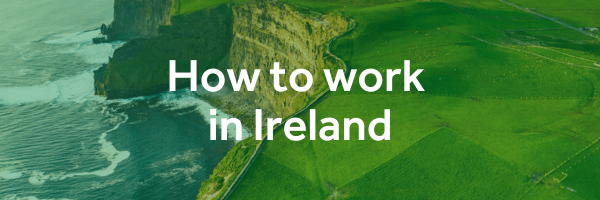Researchers have discovered a way to test our sense of direction as part of the most extensive dementia study ever conducted.
Sea Hero Quest was designed to create the world’s largest sourced data set to improve the understanding of spatial navigation. The game involves using a smartphone screen to sail a boat around desert islands and icy oceans to save an old sailor’s lost memories.
Since its launch in May, it has been anonymously recording the data of 2.4 million gamers. Results have shown that people’s sense of direction declines as we age, and more rapidly in those with signs of dementia. The data also suggests men have a slight better sense of direction than women.
Dementia is expected to affect 131 million people by 2050, and its early signs include memory loss and disorientation. The point of the research is to develop a way of diagnosing dementia in its earliest stages – something which is not yet possible.
Dr Hugo Spiers, the professor at University College London who is leading the research said: “The findings the game is yielding have enormous potential to support vital developments in dementia research.
“The ability to diagnose dementia at early stages, well before patients exhibit any signs of general memory loss, would be a milestone.”
Dr Spiers said Sea Hero Quest, which will now be adapted for use in a clinical setting, could also be used to track decline and in drug trials to test the impact of the medication.
Hilary Evans, Chief Executive of Alzheimer’s Research UK, which is co-funding the analysis of Sea Hero Quest data, said: “These new insights into how humans navigate have only come as a result of a new kind of collaboration in dementia research.
“A health challenge as complex as dementia demands we approach studies innovatively, and the involvement of Deutsche Telekom proves that forward-thinking partners outside of the traditional research bubble can bring unique and powerful strengths.
“The early data that has very quickly been generated by Sea Hero Quest should inspire other corporations to consider what assets they might bring to research into dementia or any of our most seemingly intractable medical conditions.”
The scientists will continue to carry out further analysis of the data over the next two years.
What do you think of the game? Have you or someone you know trialled it? Get in touch:
T: 01277 217777
E: marketing@athona.com



